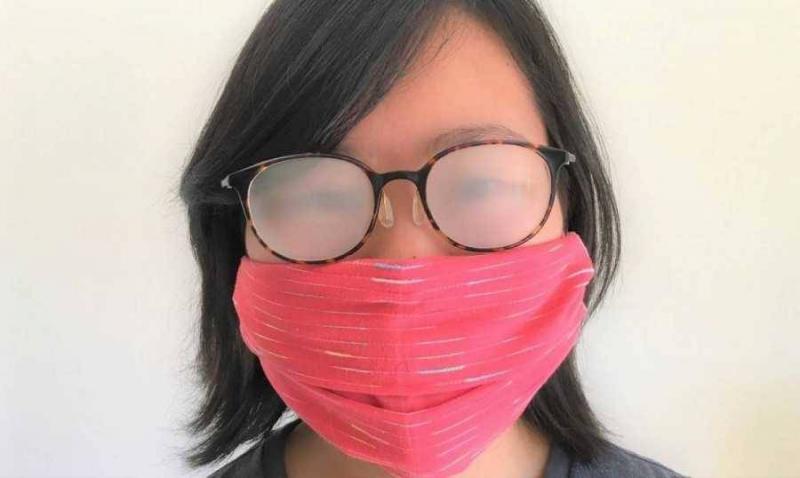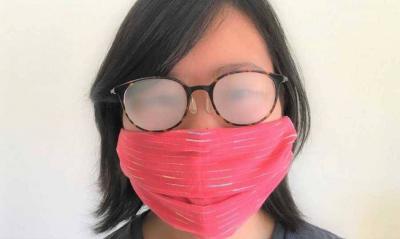Those who wear glasses during the winter consistently report discomfort from the fog that covers the lenses and obscures their vision. Therefore, a team of researchers has developed a coating that could make this annoyance a thing of the past. This coating is a super-thin, transparent layer made of gold, capable of converting sunlight into heat, warming the glass surface by up to 8 degrees Celsius (14.4 Fahrenheit), and preventing fog condensation.
The researchers claim this is better than traditional anti-fog methods, which cover surfaces with particles that attract water, leading to uniform condensation across the lenses. The team from the Swiss Federal Institute of Technology in Zurich aimed to create a design that stops fogging in the first place—by gently warming the glass, similar to how the rear window of a car is heated.
Very small amounts of gold are placed between layers of titanium oxide to enhance the heating effect. When the coating is applied to all the glass, it helps absorb infrared rays from the sun, meaning it can gently heat the glass up to 8 degrees Celsius, preventing dew formation from condensed fog (the transition of a substance from gas to liquid). The thickness of the coating is only 10 nanometers—12 times thinner than a common sheet of gold—and during the day, it does not require any additional energy source to function.
Researchers noted that it could also potentially be used for car windshields, as it is completely transparent. They added that while gold is expensive, the coating requires very little of it, keeping material costs low. In a summary of their findings published in the journal Nature Nanotechnology, the team stated, "Fog affects a wide range of activities where transparent surfaces are critical, including glasses, windows, windshields, mirrors, or optical sensors. The coating provides a significant increase in temperature... and works efficiently even in overcast conditions."
They added, "It was a very exciting moment to witness the coating working reliably in harsh real-world outdoor conditions."




